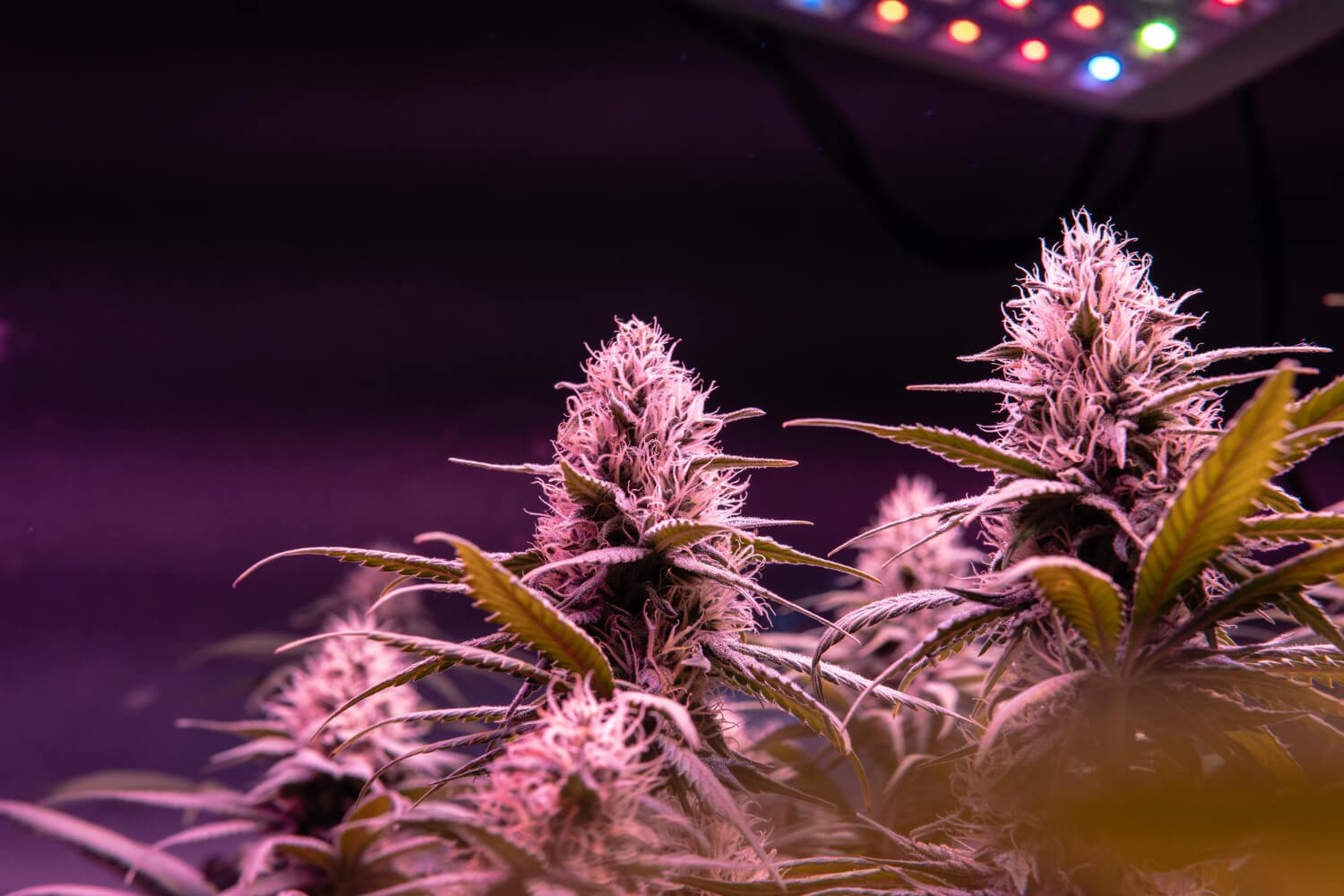The hemp market is undergoing significant changes as new regulations affect how products are manufactured, sold, and consumed. The legal landscape shapes the future of hemp-derived products, necessitating staying updated on industry trends and benchmarks. This article delves into the latest developments in hemp regulations, particularly in Louisiana, and explores forecasting tools that can help businesses navigate this complex environment.
New Hemp Regulations in Louisiana
Recently, Louisiana has implemented stringent rules to control the sale and distribution of hemp-derived products. These new regulations have broad implications for consumers and businesses involved in the hemp industry within the state.
Restrictions on smokable hemp flower
One of the most notable changes under the new law prohibits retail sales of floral hemp, including THCA flowers. These restrictions aim to limit the accessibility of smokable hemp in consumer markets, compelling businesses to adapt their product lines and marketing strategies accordingly.
THC content limitations
The new legislation establishes specific caps on THC levels in consumable hemp products. The allowable amount of THC per serving is now limited to 5 milligrams, with a maximum of 40 milligrams per package. While these limits might seem restrictive, there is room for exceptions if processors meet specific requirements set by the state health department. Additionally, hemp-derived THC beverages must not be sold in containers smaller than 12 ounces.
Impact on alcohol-licensed venues
Businesses that hold licenses to sell alcoholic beverages face additional hurdles. These establishments are barred from participating in the hemp-derived segment of the market. Furthermore, the practice of adding hemp-derived cannabinoids to alcoholic beverages at the retail level is prohibited, adding another layer of complexity for retailers looking to diversify their offerings.
Market analysis and financial forecasts
Given the dynamic nature of hemp regulations and market conditions, industry participants need reliable data and predictive analytics to make informed decisions. Accurate forecasting helps stakeholders understand market trends, capital investment opportunities, and potential risks.
State-by-state insights
Comprehensive guides that offer state-specific regulations, tax policies, and market opportunities are invaluable resources for businesses aiming to expand or operate across multiple regions. Each state has unique laws and economic conditions that can dramatically affect business operations and profitability.
Financial benchmarks
Understanding financial benchmarks is essential for successfully navigating the hemp industry. Detailed reports often highlight key data figures and sales trends over hundreds of pages and myriad charts. These insights allow companies to gauge performance metrics against industry standards and identify areas for improvement.
Investment trends
Regulatory landscapes, consumer preferences, and technological advancements influence capital investment trends in the hemp sector. Keeping abreast of these trends can provide competitive advantages and facilitate strategic growth planning. Investors and businesses benefit from knowing where and when to allocate resources most effectively.
Data-driven strategies for success
Shaping a successful strategy in the hemp market relies heavily on data intelligence. As the regulatory framework continues evolving, so does the need for timely and accurate data.
Quarterly updates
Regular updates on data and insights ensure businesses remain agile and responsive to emerging trends and legislative changes. Quarterly revisions typically encompass new findings, market analysis, and revised projections that help maintain a current and effective operational strategy.
Sales trends and consumer behavior
Understanding sales trends and consumer behavior is paramount for aligning product development and marketing efforts. Data on what drives customer purchasing decisions, preferred product formats, and pricing sensitivity offers a foundation for crafting strategies that resonate with target audiences.
Regulatory compliance
Staying compliant with ever-changing regulations demands constant vigilance. Businesses must proactively monitor legislative updates and adjust their practices to adhere to new laws. Non-compliance can lead to severe penalties and damage to reputation, making integrating regulatory compliance into every aspect of business operations crucial.
The future of the hemp industry
The hemp industry is positioned for substantial change, driven by regulatory adjustments and market dynamics. Anticipating these shifts and preparing accordingly can position businesses to survive and thrive in a competitive landscape.
Adapting to legal changes
Adjustments in laws around THC content, product formats, and sales channels require businesses to innovate continually. Developing new products that comply with regulations while meeting consumer demand will be a linchpin for sustained success.
Capitalizing on market opportunities
Despite regulatory constraints, numerous market opportunities abound. Identifying untapped segments, such as non-smokable hemp derivatives or compliant beverage options, can open new revenue streams. Companies who navigate legal terrains will be better equipped to capitalize on these opportunities.
The role of technology
Technology plays an increasingly pivotal role in advancing the hemp industry. From sophisticated data analytics tools that provide actionable insights to automation technologies enhancing production efficiency, harnessing technological advancements is crucial for staying competitive. Embracing innovation can lead to more sustainable practices and improved product quality.
Navigating the evolving hemp market requires a thorough understanding of new regulations and the ability to leverage comprehensive data insights. With Louisiana’s recent legal changes underscoring the importance of compliance, businesses must remain adaptable and informed. Leveraging predictive analytics, understanding financial benchmarks, and keeping pace with market trends are all essential strategies for thriving in this transforming industry. By staying informed and adaptive, businesses can not only navigate the complexities of the current regulatory environment but also emerge as market leaders.





